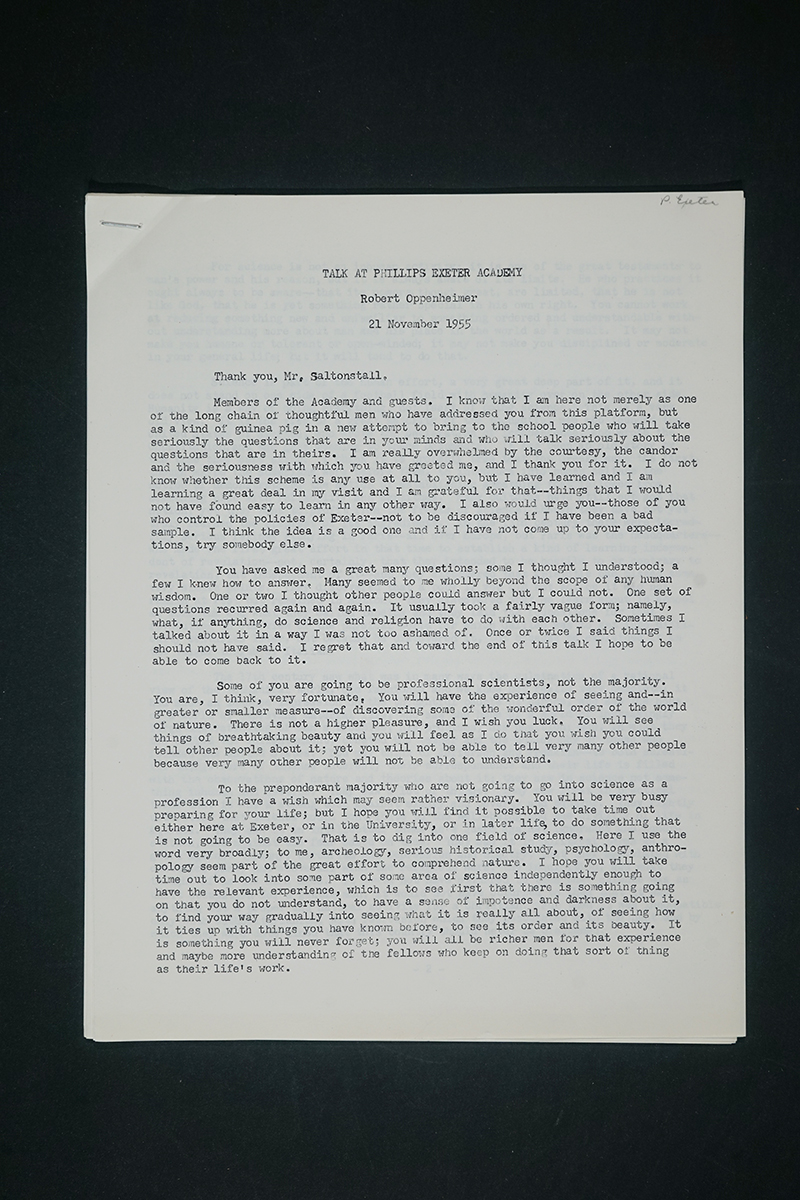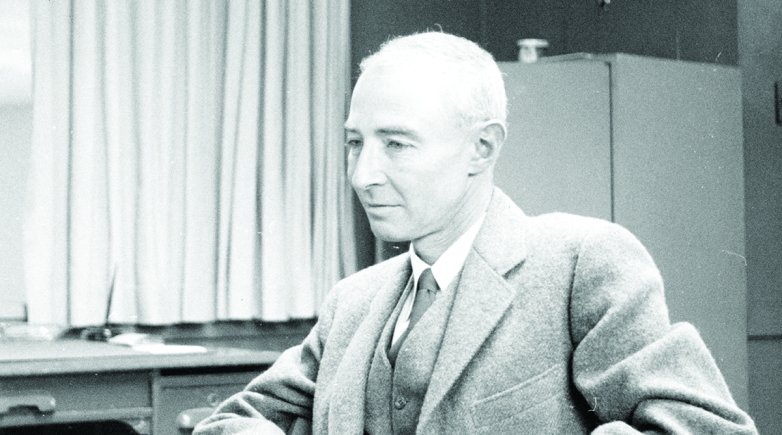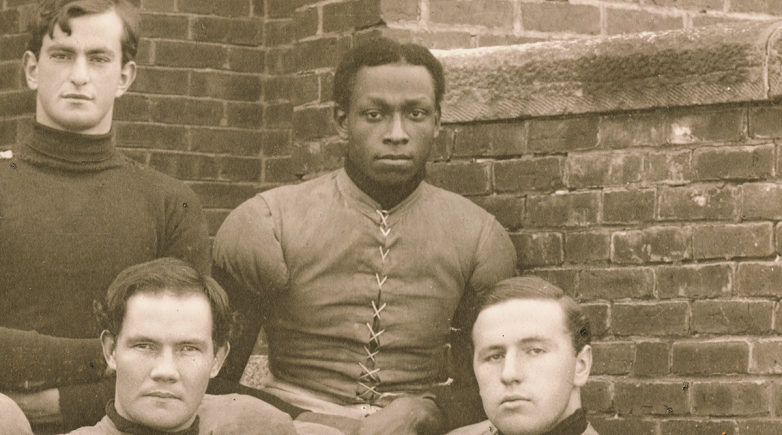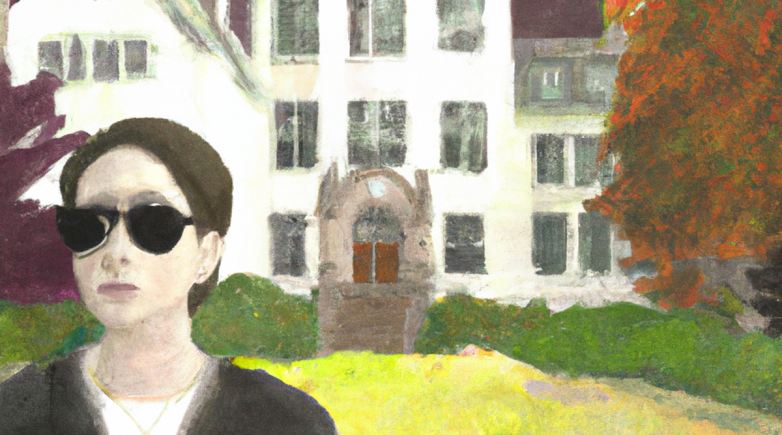He told listeners that science is one of the “great testaments to man’s power and his reason, but it is always aware of its limits. He who practices it ought always to be aware that its powers, though great, are limited, that he is not like God, but that he is something special in his own right.”
Oppenheimer pondered aloud what Thomas Jefferson and Benjamin Franklin would think of the unfathomable strides science had made in the previous 200 years, saying, “They would have been overwhelmed by what the application of science has done to man’s life, by the extent to which it has lengthened his life, made it possible to alleviate and cope with his pain and his trouble, made it possible to extend his powers, made power itself really quite abundant.”
 Then he came to the heart of his remarks: three “rather troublesome points” that science had wrought.
Then he came to the heart of his remarks: three “rather troublesome points” that science had wrought.
First, he said, “science has given us the power to do a lot of things that we should not. … the exercise of this power will produce evil; the exercise of that power is disaster.”
Second, Oppenheimer said, science and politics had diverged in ways Jefferson and Franklin could not have imagined: “Because of the complexity of technical things, competence and expertness are vested in people who have not and probably should not have the authority; and people in authority are ignorant — and not always adequately aware of how ignorant — of the very technical things on which their decisions have to rest.”
Third, he said, he regretted the effect of the complexity and specialization of scientific study: “Men in one field get deep into it, devote their life to it, love it, make maybe some great discoveries in it — and really not know too much of what is going on in another.” The more we learn, the less we may know, in other words.
“I think these changes are here to stay,” he said, “because I cannot imagine anything other than a disaster that will stop the accumulation of knowledge.”
The fallout
Oppenheimer’s address received the highest marks from the students. “His speech was undoubtedly the most thought-provoking and comprehensive that has been given, and perhaps that will be given, during this year,” The Exonian reported.
“Spectacular,” Page recalls.
William “Bo” Wreden ’58 says, “The following day I wrote to my parents, first about my grades and about Thanksgiving plans and then about my impressions” of the address. He wrote, “Oppenheimer gave an excellent speech in Chapel on Monday which had the most applause I have ever heard given to a speaker (and some speakers get an aweful [sic] lot here).”
Saltonstall summarized Oppenheimer’s residency for the Boston Sunday Herald: “His enthusiasm and understanding have been a special joy to me. I’ve been happy with the whole thing.”
Others were less enamored, namely William Loeb III, the publisher of the Manchester Union Leader. He held outsize influence as a conservative kingmaker because of New Hampshire’s first-in-the-nation presidential primary every four years. Loeb called Oppenheimer’s appearance “revolting” in an editorial published three days later. Citing the revocation of the scientist’s security clearance and his “friendship with Reds,” Loeb said it was “gross negligence” on the part of Academy leaders to allow “Oppenheimer to ‘stimulate the minds of the students.’ It is worse than that. It is an instance of glaring arrogance and of utter disregard of proprieties, patriotic and otherwise.”

 Then he came to the heart of his remarks: three “rather troublesome points” that science had wrought.
Then he came to the heart of his remarks: three “rather troublesome points” that science had wrought.

